North Korea has announced that its newly opened Wonsan Kalma Coastal Tourist Zone will not be open to foreign tourists, despite previous promotion suggesting it would be a key international attraction. The resort, which officially opened on July 1, was part of leader Kim Jong Un’s broader plan to boost tourism as a source of national income.
While the project had originally targeted both domestic and foreign visitors, the country’s official tourism website now states that foreigners are “temporarily” not permitted to visit, without offering a clear reason or timeline for reopening.
Russian Tourists Welcomed as Wonsan Gains Strategic and Diplomatic Importance for Pyongyang
Despite the new restrictions, the resort recently welcomed its first group of Russian tourists, coinciding with a high-profile meeting between Russian Foreign Minister Sergei Lavrov and Kim Jong Un in Wonsan. Lavrov praised the resort and expressed hopes that it would become a popular destination for Russian travelers.
Further strengthening these ties, both countries plan to launch direct flights between Moscow and Pyongyang by the end of the month. A Russian tour operator had already planned additional trips to the resort, underscoring growing travel and diplomatic exchanges between the two nations.
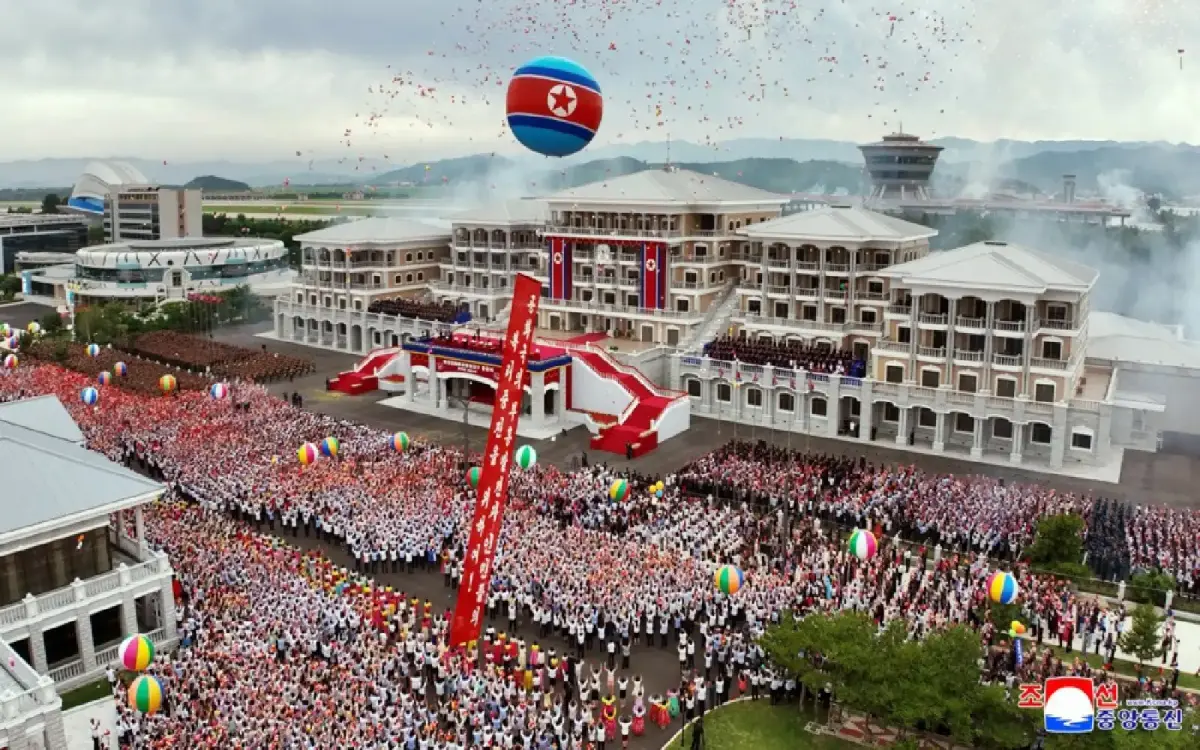
The Wonsan region holds strategic and personal importance for Kim Jong Un. Located on North Korea’s east coast, the city houses key military and maritime facilities, and is where Kim spent much of his youth among elite summer residences.
The resort itself spans 4 kilometers (2.5 miles) of beachfront and includes a range of amenities such as hotels, restaurants, shopping centers, and a water park. According to state media, it can accommodate around 20,000 people, highlighting the scale and ambition behind the development.
Labor Abuse Allegations and Sudden Tourism Reversals Undermine Resort’s Global Appeal
Since the project began in 2018, international human rights organizations have criticized the treatment of workers involved in the resort’s construction. Reports have emerged of forced labor, long working hours, poor conditions, and inadequate compensation.
These allegations have cast a shadow over what North Korea has tried to portray as a showcase of national progress and luxury. Despite these concerns, high-level Russian representatives, along with Kim and his family, attended the grand opening on June 24.
The temporary ban on foreign visitors comes after North Korea started reopening to international tourists following the pandemic. In 2023, Russian tourists were permitted to enter, and in early 2024, tourists from countries like Australia, Germany, France, and the UK were also allowed in.
However, this broader reopening was abruptly reversed just weeks later, again without explanation. The inconsistent policy has created uncertainty about the future of tourism in the country, casting doubt on Kim’s plans to use travel and hospitality as a vehicle for economic growth.

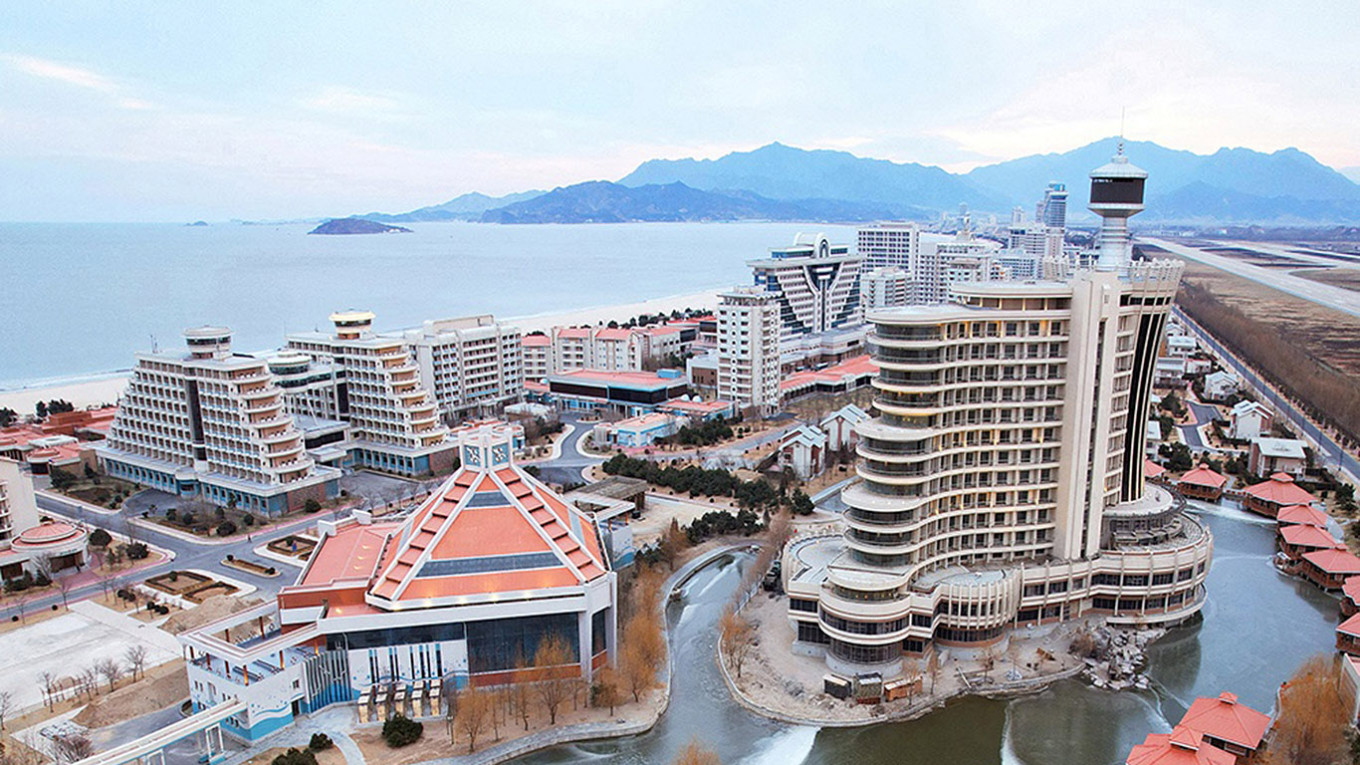





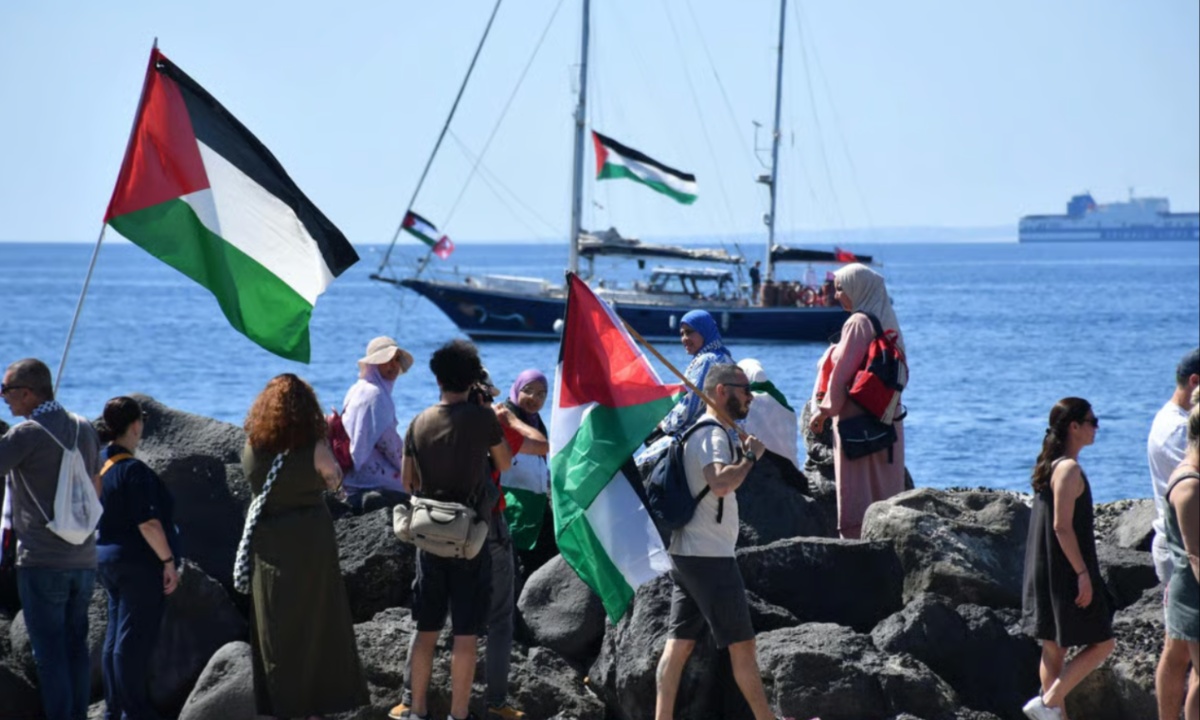

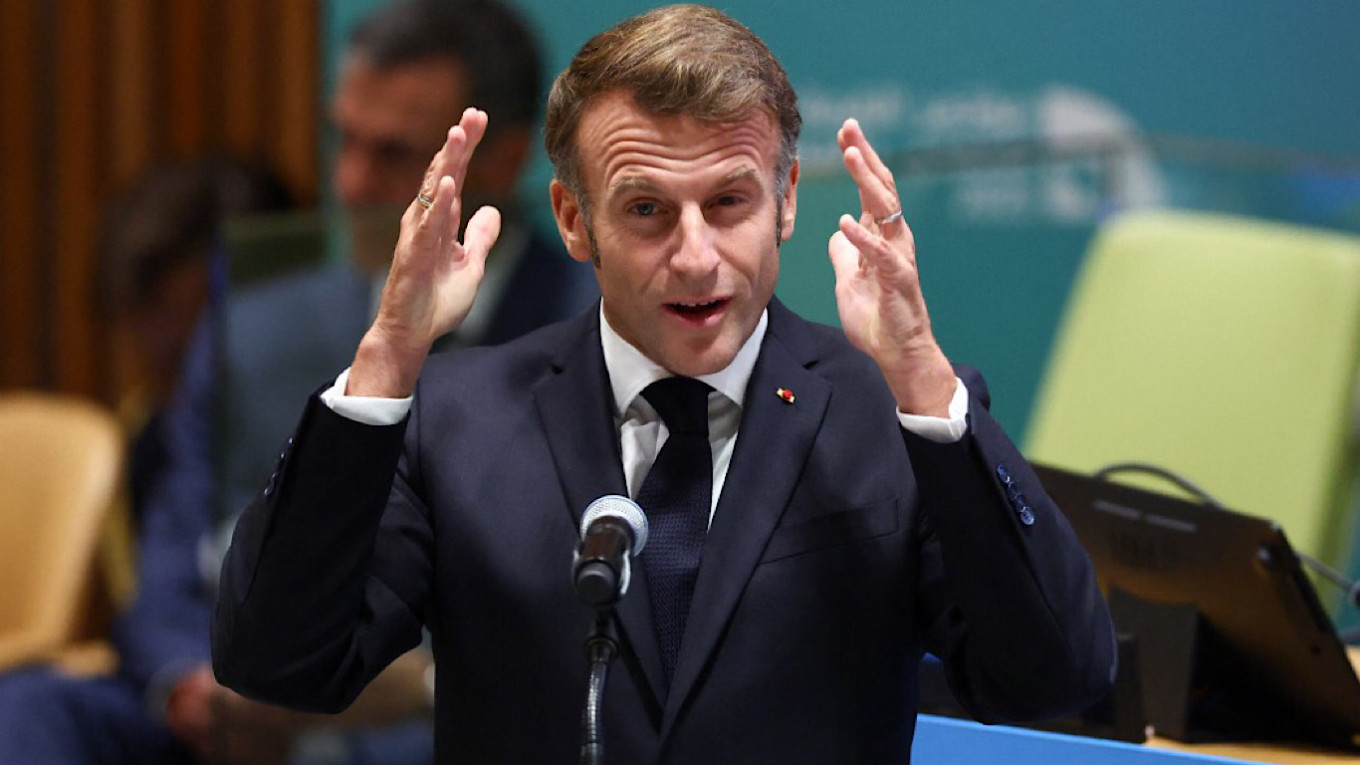
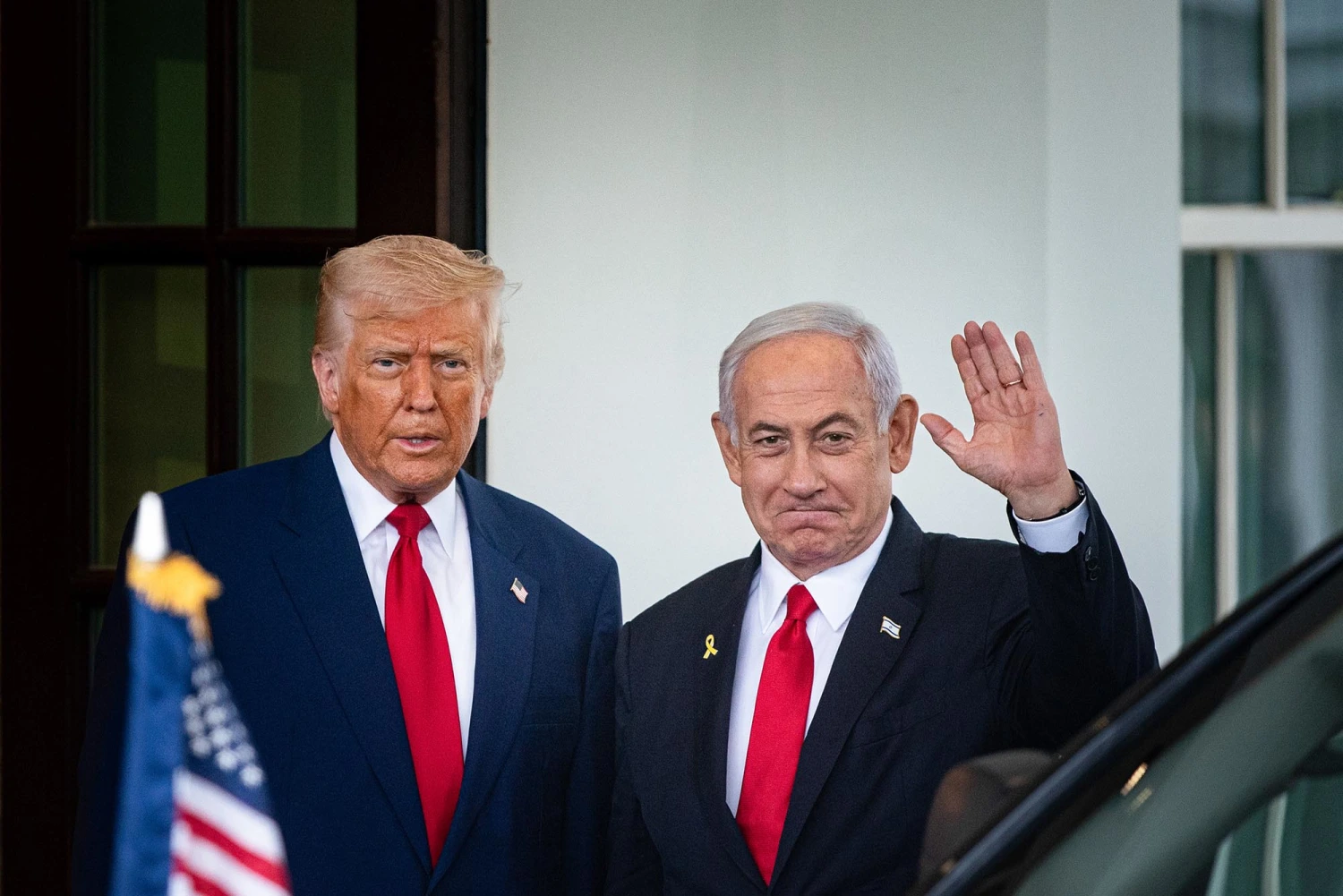
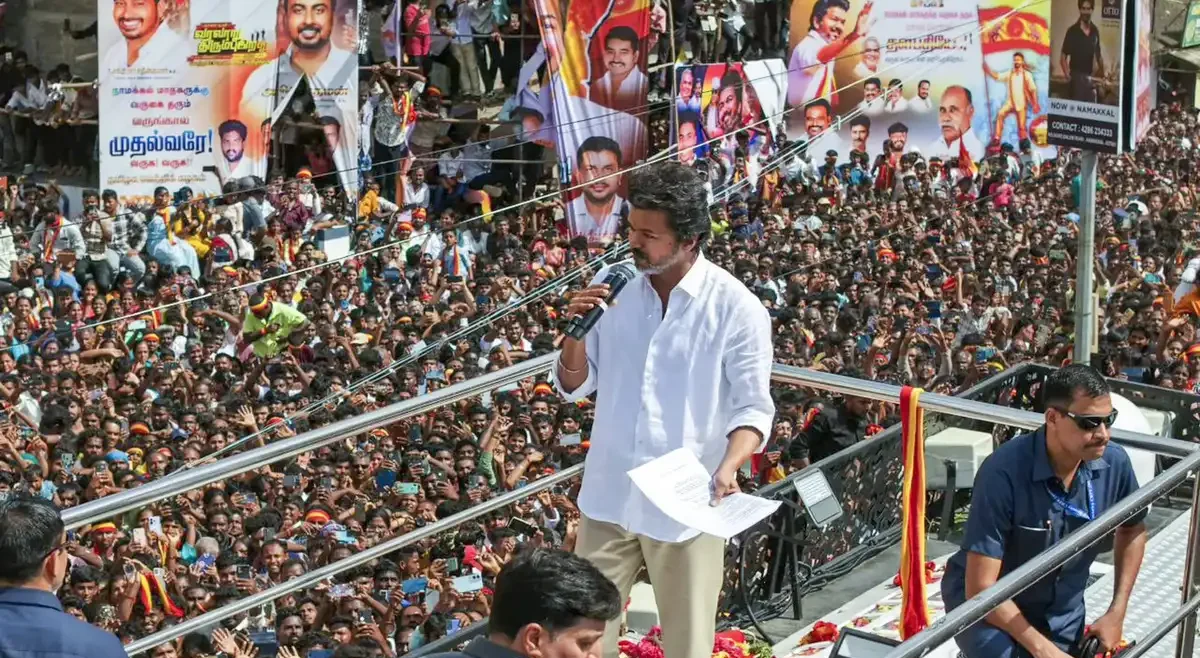
Leave a Reply